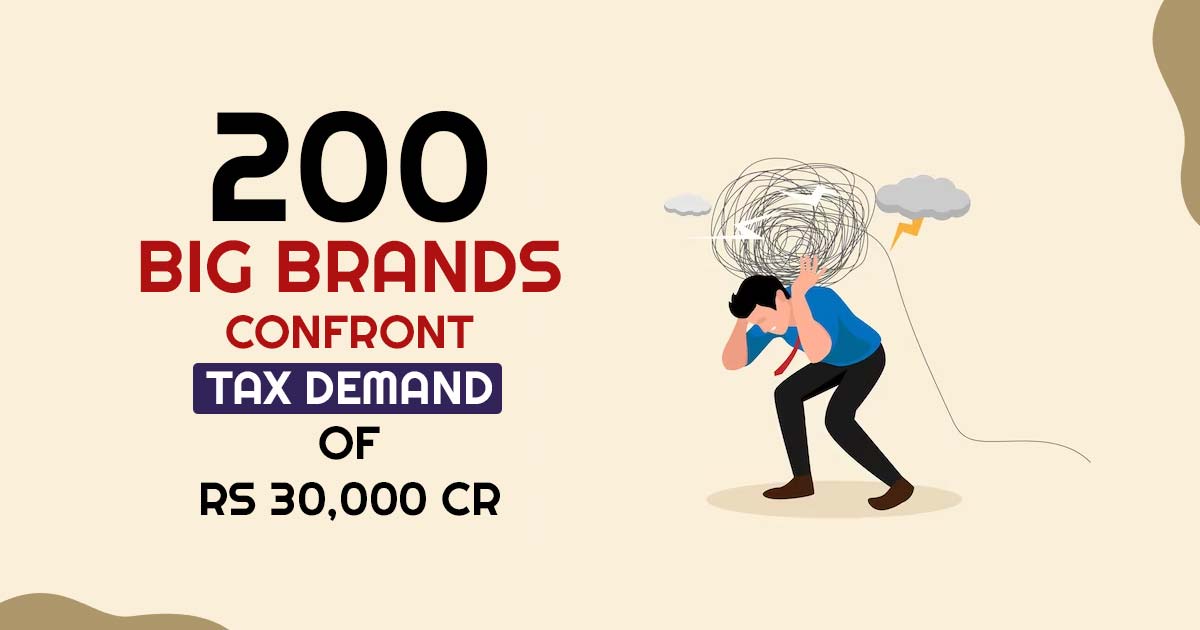
Approximately 200 companies, including McDonald’s India, L’Oreal, Colgate Palmolive, Castrol, Saint-Gobain, Whirlpool, Mastek, and Domino’s Pizza, have obtained notifications from state authorities requesting taxes for the period before the Goods and Services Tax (GST) was implemented. These companies are contesting the taxation of the same item as both “goods” and “services” and have taken their cases to various high courts and the Supreme Court.
These tax notices were sent out in the past six months, with the authorities seeking around Rs 30,000 crore in taxes for the financial years FY11 to FY15. The states have charged value-added tax (VAT) on the transfer of intellectual property rights (IPRs) to franchise services.
On July 1, 2016, GST Was Launched
Several state authorities are classifying these intellectual property rights (IPRs) as “goods” and charging VAT. States like Madhya Pradesh, Tamil Nadu, Gujarat, Uttar Pradesh, and Maharashtra have allocated such notices. Certain companies argue that they have already paid service tax on these transactions.
Read Also: GST: Businesses Facing Difficulties with Notice from Different States
One of the appellants mentioned that the states are familiar with the post-GST stance on IPR taxation, but they are trying to increase their revenue from past matters.
Under the GST regime, 18 per cent GST applies to the permanent transfer of IPR if it is considered a “supply of services” or a “supply of goods.” This issue is currently awaiting a decision from the Supreme Court.
According to an official from the Central Board of Indirect Taxes and Customs (CBIC), the current tax demand relates to the period before the implementation of GST, and they are waiting for direction from the Supreme Court.
Abhishek A Rastogi, the founder of Rastogi Chambers, who is representing taxpayers in their legal battle against the imposition of both VAT and service tax, emphasized that the controversy surrounding the double taxation of these items is a significant concern for various businesses. Tax authorities are attempting to recover VAT for the same transaction for which taxpayers have already paid service tax. Rastogi added that it’s not appropriate to consider items as both goods and services and tax them twice.
What Does the Term Value-Added Tax (VAT) Define?
The value added at each stage of the manufacturing or distribution cycle, beginning with the raw materials and continuing through to the final retail purchase, is taken into account by the indirect tax known as VAT, which is imposed on products and services. The VAT was implemented on April 1st, 2005. Before charging tax on something, the tax calculates the value addition at each stage. GST subsequently supplanted VAT.
Source: Business-standard.com